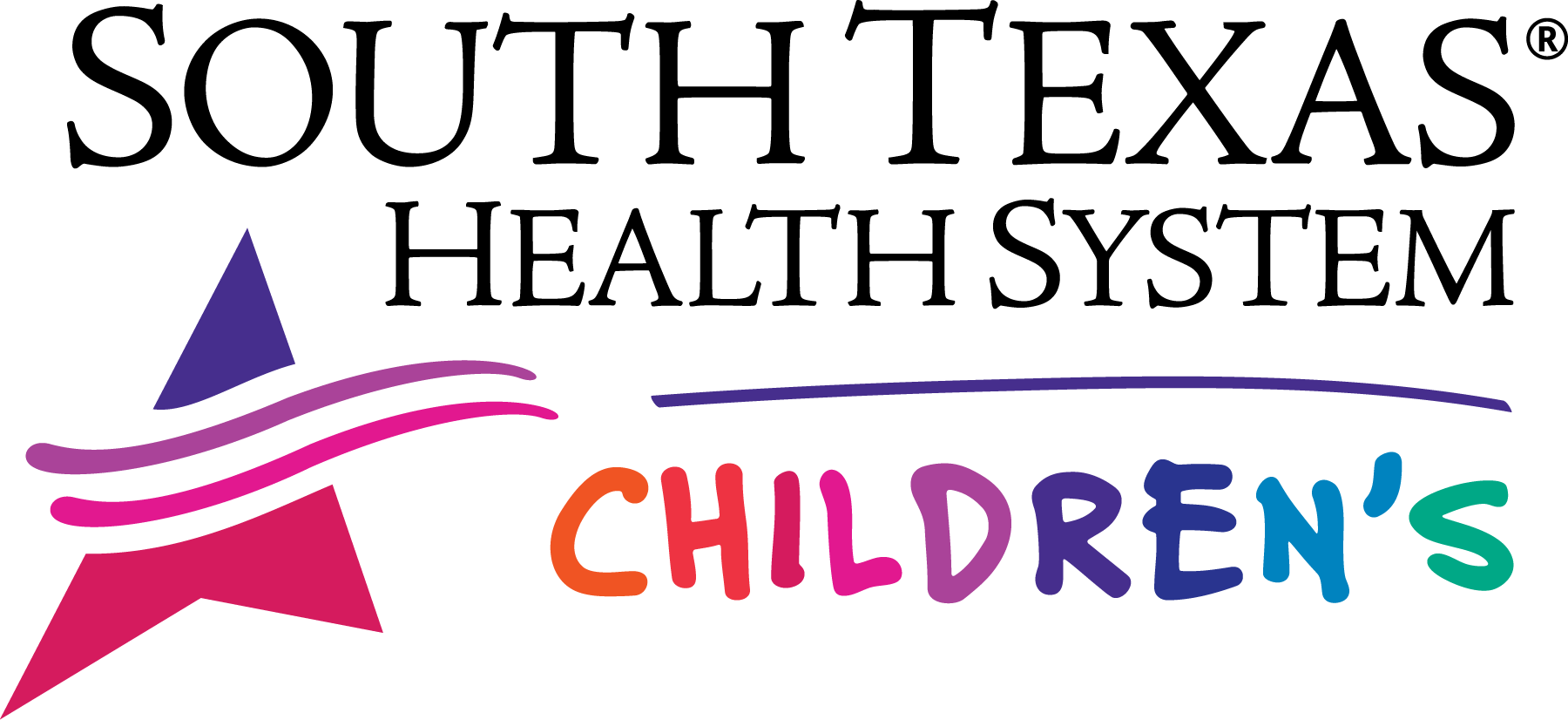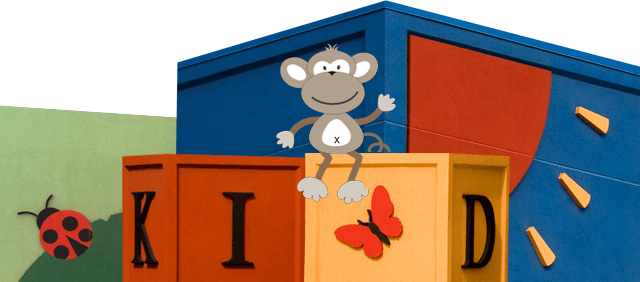Common Bladder and Kidney Disorders in Kids
South Texas Health System Children's provides comprehensive treatment for children with disorders of the urinary and reproductive system. Common urologic disorders in children affect the bladder and kidneys.
Bladder Disorders
Exstrophy of the bladder is an abnormality found at birth in which the bladder is improperly formed. Exstrophy is rare, occurring in only one in 30,000 live births according to the Foundation of the American Urological Association.
Cloacal deformities are a wide range of defects in girls that happen during fetal development of the lower abdomen. The most common cloacal deformities involve the urethra, the genital tract and the rectum. In this condition, the three tracts merge into one common channel. In cloacal exstrophy, the most complicated deformity, many intra-abdominal structures are exposed during birth.
In a neurogenic bladder, the nerves that tell the bladder muscle to relax or contract fail to work properly so urine is not stored or emptied effectively. Symptoms may vary depending on the cause, but many cases are associated with urine leakage, kidney stones, and urine retention.
Vesicoureteral reflux (VUR) occurs when urine in the bladder flows back into the ureters and sometimes into the kidneys. VUR is graded based on the severity from 1 (mild) to 5 (severe). It is often diagnosed after a child is treated for a urinary tract infection, though it does not cause a UTI. In lower grades of reflux, treatment is often not needed as it resolves itself typically between the ages of 5-6 years old. Other treatments can include antibiotics. In cases where the child has a grade 4 or 5 reflux, surgery may be necessary including endoscopic surgery and ureteral reimplant.
Kidney Stones
Although they mostly affect adults, kids can get kidney stones. Kidney stones are crystallized masses that develop from substances in the urine. One of the main causes of kidney stones is the lack of fluids in the body. Urine can become concentrated and darker, allowing crystals to form as there is less fluid to dissolve them. A high-protein diet and a high-salt diet are also contributing risk factors to the formation of kidney stones. In most cases, kidney stones pass out of the body unnoticed, but sometimes they can become too large and lodge in the urinary tract, causing extreme pain or bleeding. Several surgical options are available if a stone does not pass on its own.


